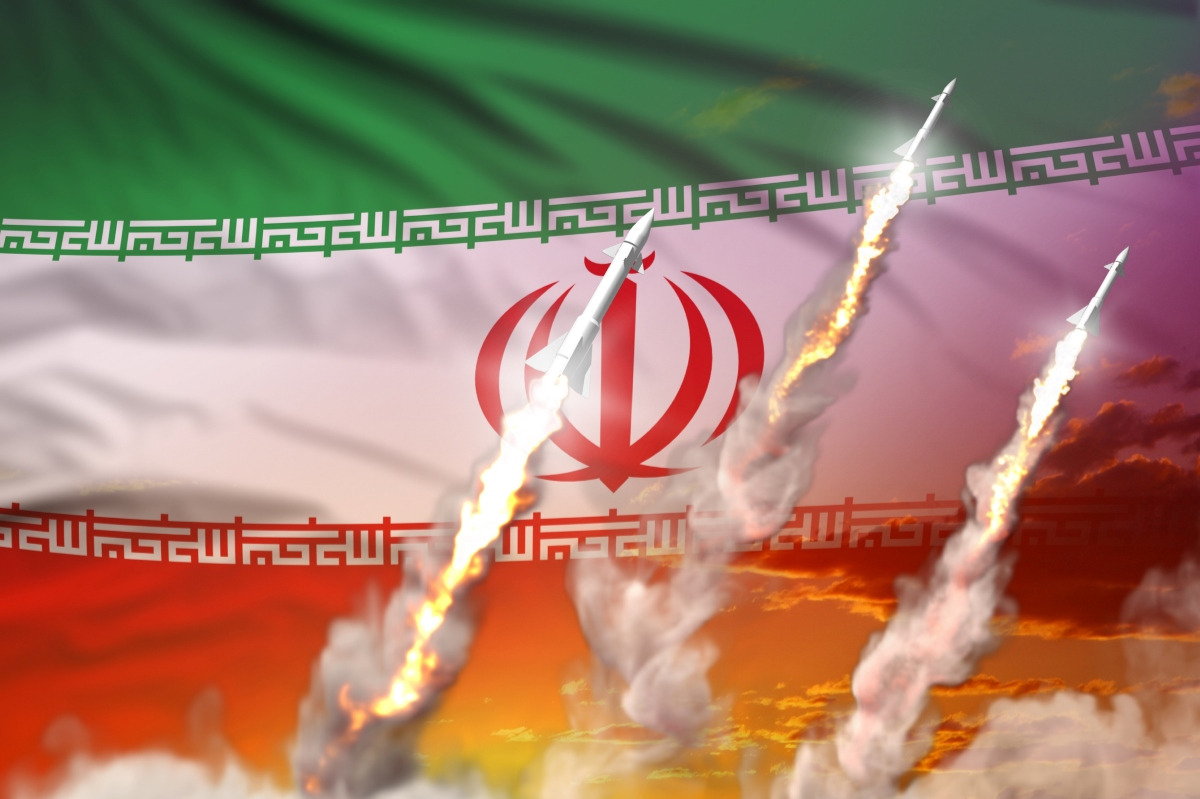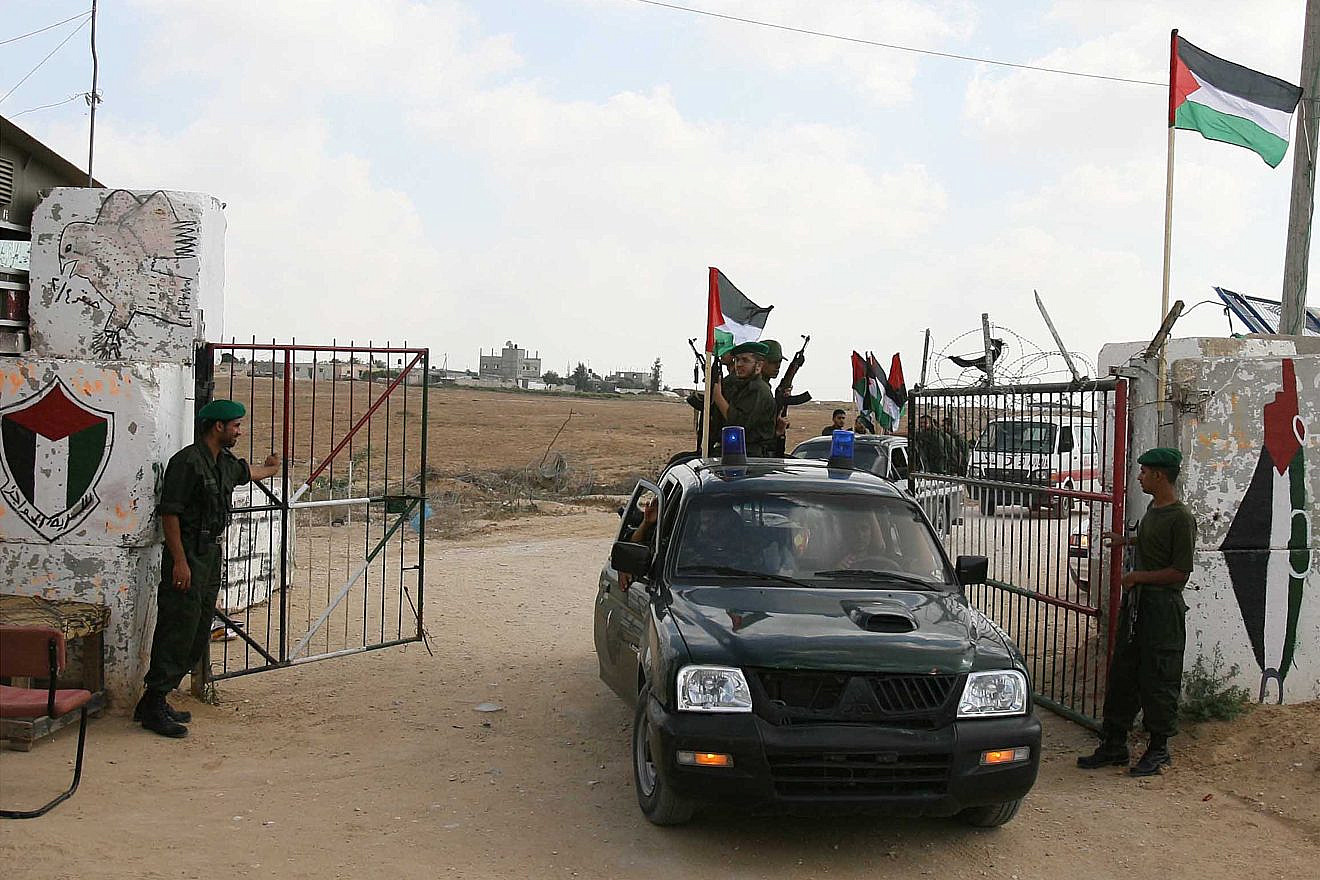by Farhad Rezaei
Israel faces escalating Hezbollah attacks but must delay major military action due to multiple fronts and US distractions, focusing instead on countering Iran's nuclear threat until January 2025.
 |
Hezbollah’s escalating conflict against Israel through continuous rocket attacks demands a decisive military response. However, initiating a full-scale conflict now would be perilous. With Israel embroiled in conflict on multiple fronts and the US distracted by elections, Iran could exploit the chaos to advance its nuclear ambitions and potentially develop a nuclear weapon.
Israel should hold off any major military action against Hezbollah until January 2025, when the new US president takes office. In the meantime, the focus should be on countering Iran’s nuclear threat. After January, if necessary, Israel can then respond to Hezbollah with overwhelming force.
Since the October 7 Hamas terrorist attack, Hezbollah has launched over 5,000 rockets, anti-tank missiles, and suicide drones into Israel, resulting in more than 20 casualties, displacing 80,000 people, and igniting wildfires that have burned 9,000 acres.
In a brazen move, Hezbollah also released a nine-minute drone footage of the Israeli port city of Haifa, showing civilian and military areas and threatening to attack them. This prompted Israel’s Foreign Minister Israel Katz to respond strongly on X, calling out Hezbollah chief Hassan Nasrallah for boasting about filming the ports of Haifa. Katz wrote, “We are very close to the moment of decision to change the rules against Hezbollah and Lebanon. In an all-out war, Hezbollah will be destroyed, and Lebanon will be severely hit.”
The IDF’s Northern Command also announced that it had approved operational plans for an attack on Lebanon. Chief of Staff Lt.-Gen. Herzi Halevi told the political leadership that the military is ready for war.


Hezbollah’s aggressive actions leave Israel with limited options to resolve the conflict in the North. The Jewish state has pushed for a diplomatic solution based on the implementation of UN Security Council Resolution 1701. This resolution, adopted to end the Second Lebanon War in 2006, calls for a demilitarized zone from the Blue Line to the Litani River, approximately 18 miles to the North. However, Hezbollah has consistently rejected diplomatic efforts, maintaining its hostile stance and escalating tensions further.
Timing is everything
THOUGH IT might seem inevitable, a full-scale war against Hezbollah now could be counterproductive. This would put the Jewish state in another war of attrition with a group much larger and stronger than Hamas. Kamal Kharrazi, foreign affairs adviser to Ayatollah Ali Khamenei, said if Israel launches an all-out offensive against Hezbollah, it will risk triggering a regional war in which Tehran and the “axis of resistance” would support the Lebanese -based terrorist group with “all means.”
Although it is unlikely for Iran to directly enter a full-scale war with Israel, it is possible for the regime to mobilize its network of sponsored terrorist groups across the region, such as the Houthis in Yemen, and Shia militias in Iraq and Syria. Iraqi Shia militia groups and Yemeni Houthis have made it clear they will join the fray if Israel strikes Hezbollah.
The Houthis have already posed a significant economic challenge to Israel by attacking vessels in the Red Sea that they believe are connected to the Jewish state. If Israel attacks Hezbollah, these groups could intensify their attacks on maritime traffic in the Red Sea to cause further disruption. Additionally, a land invasion could result in Shia fighters pouring into Lebanese territory.
Such a war will be difficult for Israel to end rapidly without military assistance from the United States. There are indications that the US may not be able to provide significant support, similar to their past support during Iranian missile attacks, due to domestic political distractions.
WITH ISRAEL embroiled in conflict on all fronts, and the US distracted by domestic political issues, a bigger threat looms: Iran could view this as the perfect opportunity to break out with nuclear bombs.
It is important to note that Iran has already made significant progress towards obtaining nuclear weapons. The regime has advanced in two essential components of building one: enriching uranium to a weapons-grade level and developing the delivery vehicle (missile).
According to the latest assessment by the International Atomic Energy Agency (IAEA), Iran now possesses enough weapons-grade uranium to produce several nuclear weapons within a month. An Iranian bomb could trigger a nuclear race in the Middle East and hasten a US withdrawal from the region, a strategic disadvantage for Israel. Iran’s nuclear advancements should give Israel a compelling reason to prioritize countering the greater threat it poses over striking Hezbollah at this moment.
That Israel must respond to Hezbollah’s aggressive approach to restore security in the North is essential. Israel can continue with diplomatic efforts along with low-scale counterattacks against the terror group and its decapitation campaign targeting Hezbollah senior commanders.
But Jerusalem must carefully consider the timing of any large-scale military action against Hezbollah, possibly waiting until after the American elections to ensure more robust support from the United States, its strategic ally. Although some Israeli politicians emphasize that Israel must prepare for the possibility of engaging Iran and Hezbollah without relying on US assistance, this would likely worsen the security situation for the Jewish state given Hezbollah’s substantial military capabilities and Iran’s regional influence.
With Israel embroiled in conflict and the US preoccupied with domestic political issues, Iran might seize this perfect opportunity to advance its nuclear ambitions. Consequently, this situation makes it challenging for Israel to address these threats alone, underscoring the need for strong support from the United States. Instead, Israel should focus all its energy on countering the regime’s nuclear activities until the end of the US presidential election.
Looking ahead, if Donald Trump is re-elected, Israel will likely receive strong political backing and robust military assistance from his administration in any potential conflict against Hezbollah and other proxies of the Iranian regime.
Farhad Rezaei is a senior fellow at the Philos Project.
Source: https://www.jpost.com/opinion/article-809162






